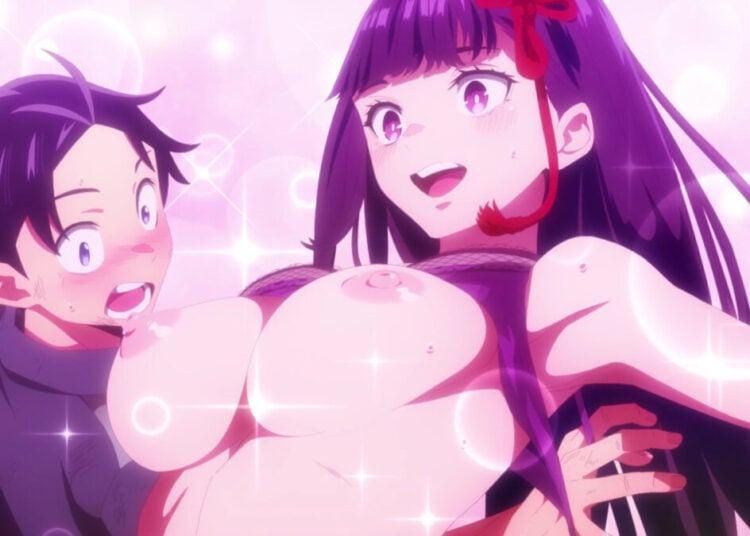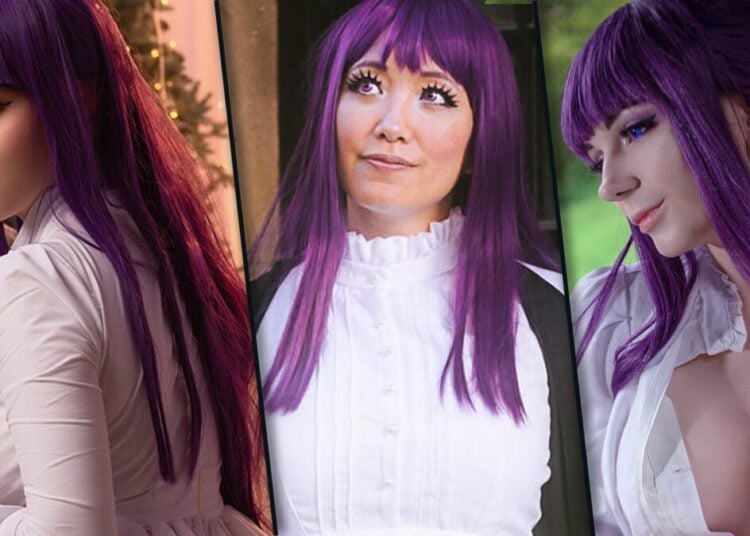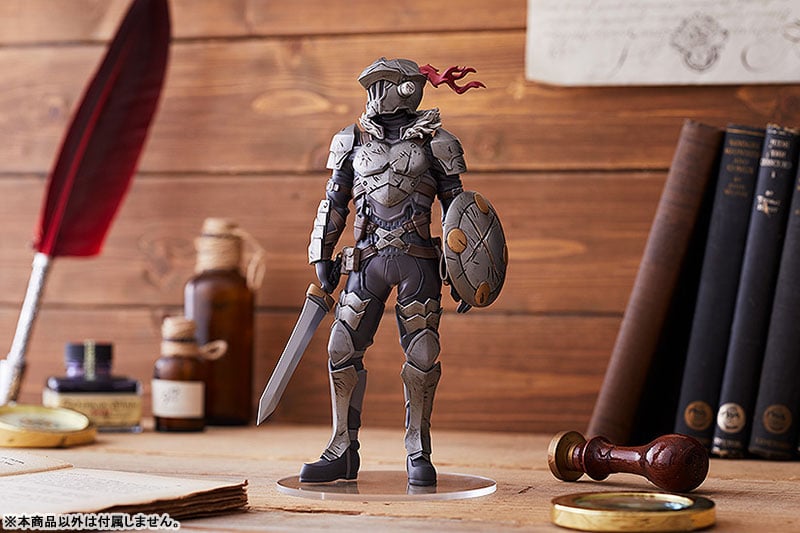Bad endings are something anime fans inevitably get used to, as many shows have unsatisfying conclusions. So what makes a satisfying ending? The long-running HBO series Game of Thrones has just ended, and the people (and memes) have not been kind to it. In response, Kotaku wrote an article (heavy on spoilers) comparing the series to the first attempt to make a Fullmetal Alchemist anime, and they make some good points specific to those shows. But anime has its unique challenges that need to be addressed, so we’ll be taking a look at the broad makeup of a satisfying series, its conclusion, and the particular difficulties that anime can have in meeting those goals.
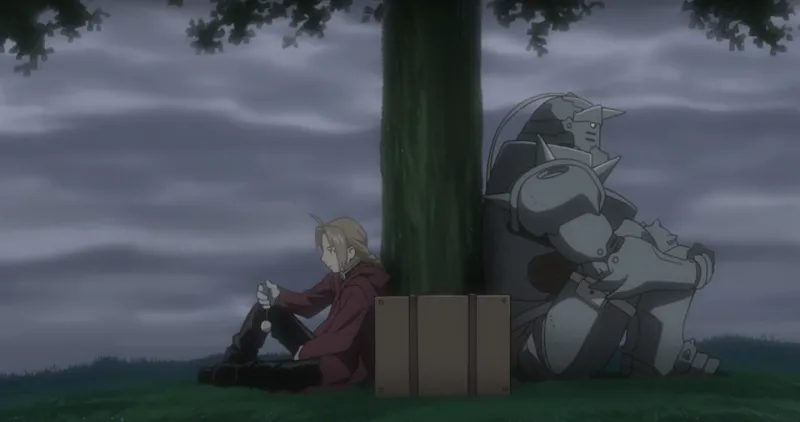
Thanks to a recent review of the Tanya the Evil movie I was reminded of build-up that generates unsatisfying conclusions, so I’ve decided to discuss a show I finished recently, Masamune-kun’s Revenge. For anyone who doesn’t know, Masamune-kun’s Revenge is, broadly, a series about a high school boy who was bullied for being chubby as a kid, and had his heart broken by a girl, and now he’s come back to the same town with a plot for revenge. Masamune’s goal is to have that same girl, Aki, fall in love with him just so he can dump her. It’s very anime.
Before you go any further, I’ll just warn you that there are going to be some vague spoilers for Masamune-kun’s Revenge. There’s also going to be a minor Game of Thrones spoiler.
A story is a growing chaos, a series of juggled balls that must be kept in the air. Sometimes a ball is dropped when a moment of closure comes, like when a subplot is ended, or answers to questions finally come to light. The story progresses through conflict, with imperfect solutions that often raise more questions, and cause more problems. Around the last third of the story, some method to solve the problems that have grown is pursued. A satisfying story sets up the final acts with foreshadowing, with character growth, and with smaller revelations. Then it concludes by paying off plot elements as the problems are overcome. A conclusion also usually aims to give its audience emotional satisfaction, like a sense of poetic justice, or a ‘Happily Ever After’.
Anime often doesn’t manage all these things, but why? Obviously, as Kotaku points out, passing the source material can cause problems. It undermines setup elements, and it can make the ending feel rushed, or wrong.
Another reason is the twelve-episode format. If it’s only confirmed for twelve episodes, an anime based on other media has to set up plot it will never solve while providing character development in roughly 300 minutes. It has to have a plot of its own as well. Masamune kun’s Revenge has a second-to-last arc that would have made a better finale. It answers questions, is well-paced, has heart-touching moments, and ends satisfyingly. The actual final episodes drag out a weak plot, backtracks on character growth — and I kid you not — ends with half an episode of karaoke. They waste time. All because the main plot of Masamune’s revenge is supposed to drive the show, but can’t be resolved in the series. Other shows try to do too much in twelve episodes instead.
Then there is the loss of satisfaction, for what is cool (or symbolic). The best example of this I’ve seen recently is from Game of Thrones. In the finale, the Iron Throne, the thing everyone’s been fighting over, is melted. Symbolic. The problem is it’s melted by a dragon without human direction who has no idea what symbolism is, and no reason to melt it other than to angrily breathe fire. The scene falls flat emotionally and just feels like something the writers had on a checklist somewhere.
Another anime problem is the opposite of running past the source material. Having tons of source material still to come. Even though a series may have no guarantees of another season, it’s normal for them to be written as if they will. As a result, no ultimate plot can ever be resolved in those series. Masamune kun’s Revenge has this problem. Masamune manages to grow as a character emotionally, and progress his plan, but then at the end it’s all seemingly gone back to how it was six episodes ago. This is why harem anime never feel satisfying unless they get a full release. The main character can’t decide on one heroine before the real ending.
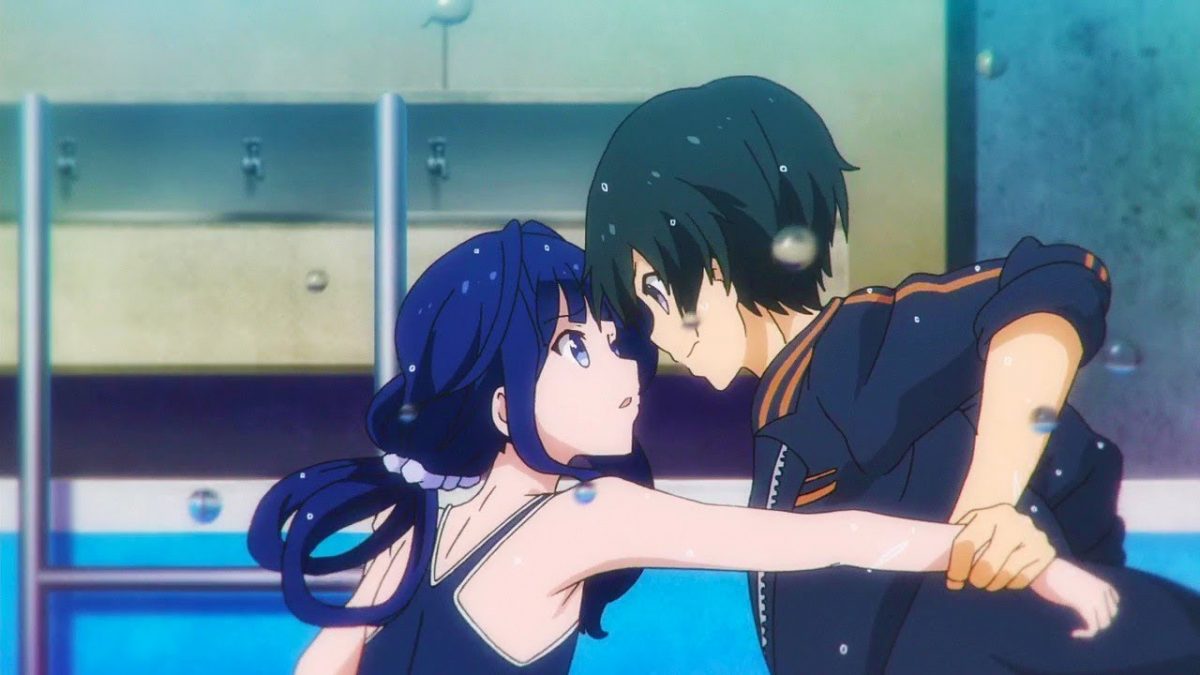
So how do we get a satisfying ending in anime? It’s from a refined scope, and plan. Gundam series have usually been good at this. JoJo’s Bizarre Adventures has this kind of vision. Constraints keep a story focused, and satisfying. Anime prospers when it can be built so everyone working on it knows from the start how many episodes are coming, and what the anime’s story is going to be. And when its main plot is self-contained. Masamune-kun’s Revenge had some of the best moments in a romantic comedy I’ve seen, but it was all for nothing because its scope was undermined by a need for its main plot to remain open. If its creators had accepted losing the potential for more seasons it could have been great.
So look for those shows. The ones with a vision. When your most recent show has fallen into the confusion of half-baked ideas, go calm yourself by watching a show that knows where it’s going. Then you can take your chances on another anime blindly adapting manga, or light novels.


